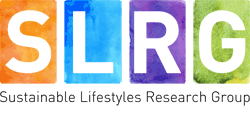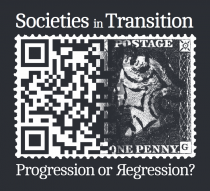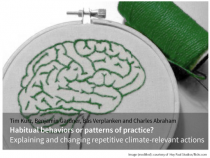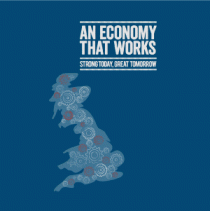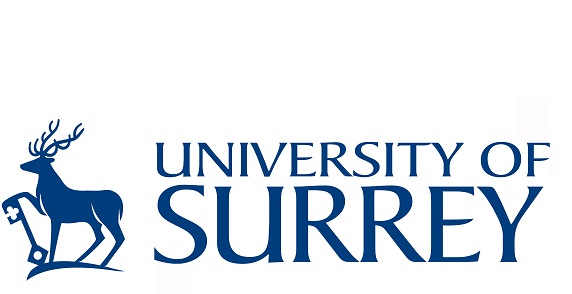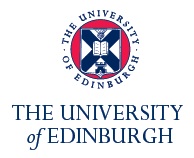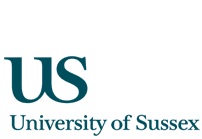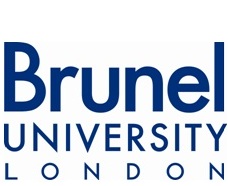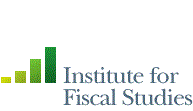- About
- Team
- Projects
- Children and the Environment
- ELiCiT (Exploring lifestyle changes in transition)
- Foundations for Sustainable Living
- HABITs
- Mapping Rebound Effects
- PASSAGE (Prosperity and Sustainability in the Green Economy)
- Policy Dialogue
- Price Responsiveness of Demand in Energy
- Resilience and Sustainable Lifestyles
- Sustainability Transitions in Food Systems
- Sustainable Living in Remote Rural Scotland
- Publications
- News
- Events
Otto von Guericke Conference on Environmental Psychology
SLRG Research fellow Debbie Roy to give presentation on HABITs project findings at 10th Biennial Conference on Environmental Psychology in Magdeburg at the Otto von Guericke University, 24 September 2013.
About
800 people in a city in the east of England took part in the field experiment following a repeated measures design, with two between-participant factors 'moved home' (new movers/non-movers) and 'Intervention' (ecological intervention/no intervention). Data was collected at the beginning and end of an eight-week period, during which two of the groups received a bespoke ecological intervention delivered by Peterborough Environment City Trust.
The theory being tested was that moving to a new home is a transition to a new phase in life, similar to leaving school, starting a family or retirement. According to that Habit Discontinuity Hypothesis (Verblanken, Walker, Davies & Juraske, 2008; Verblanken & Wood, 2006), this move results in old habitual patterns being temporailiy disrupted, also they may also have a need to rethink and negotiate new behaviours and choices. Therefore, while old habits 'unfreeze', replacements have to be found, and interventions may help these individuals to do just that.
The hypthesis tested was that the intervention is more effective among the recently moved households. The study investigated th effects with respect to a range of sustainable activities, and a range of additional dependent variables, such as attitudes, intention, and engagement with the environment. Debbie will present and discuss some preliminary results and implications.
Verplanken, B., Walker, I., Davis, A. and Jurasek, M., 2008. Context change and travel mode choice: Combining the habit discontinuity and self-activation hypotheses. Journal of Environmental Psychology, 28 (2), pp. 121-127.
Verplanken, B. and Wood, W., 2006. Interventions to break and create consumer habits. Journal of Public Policy & Marketing, 25 (1), pp. 90-103.
